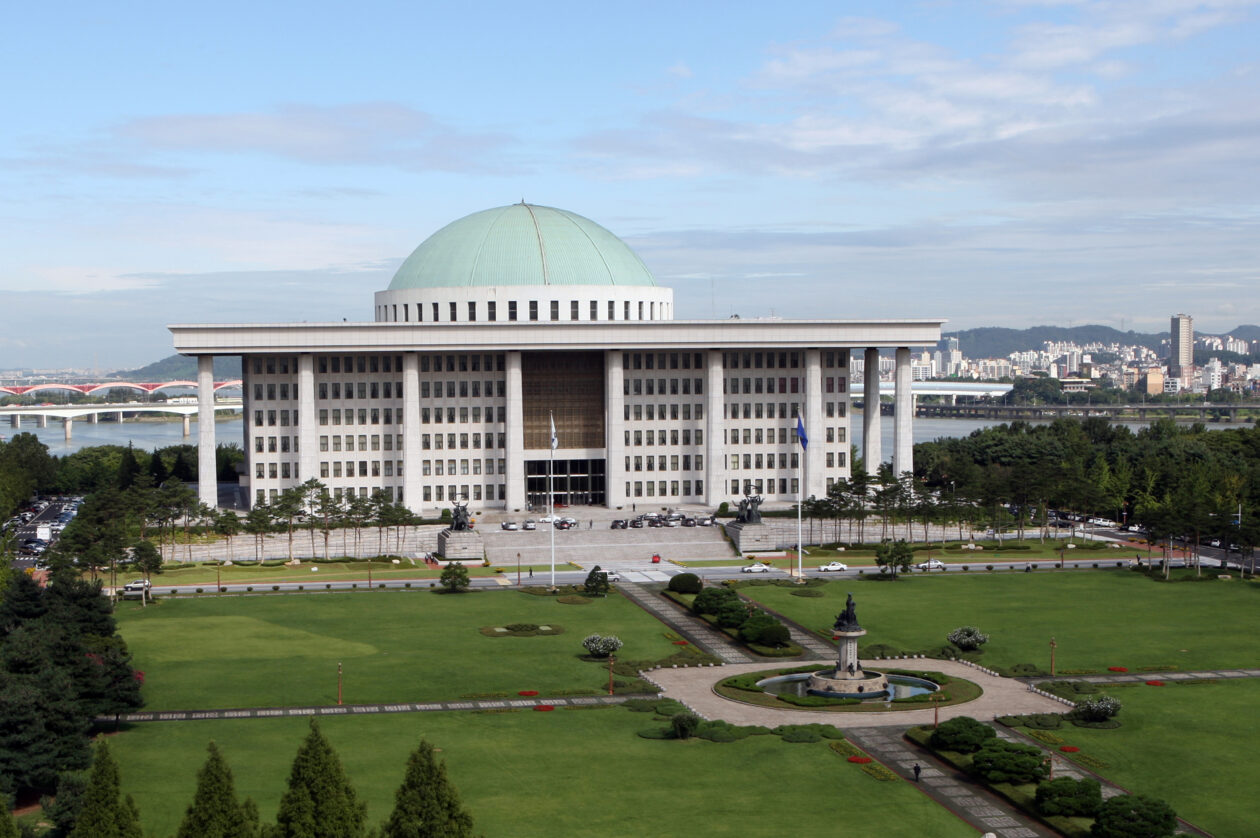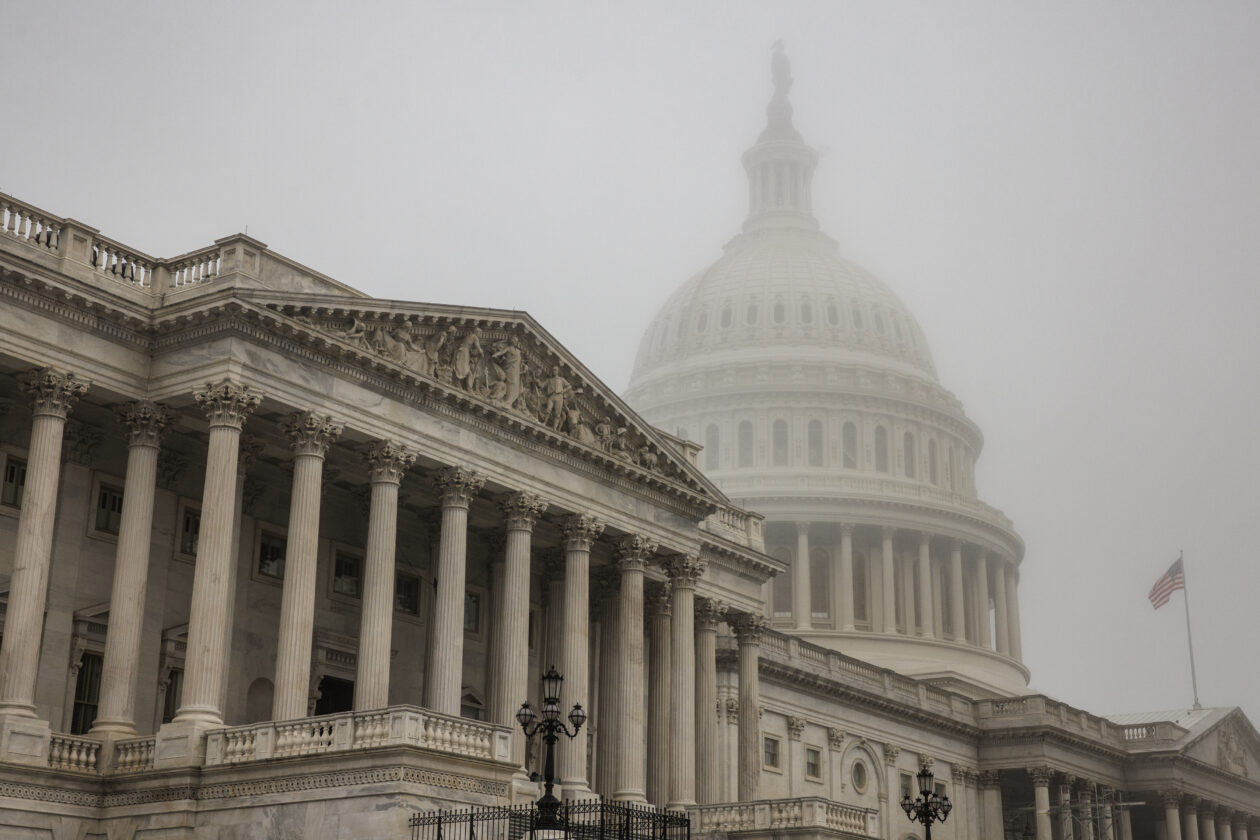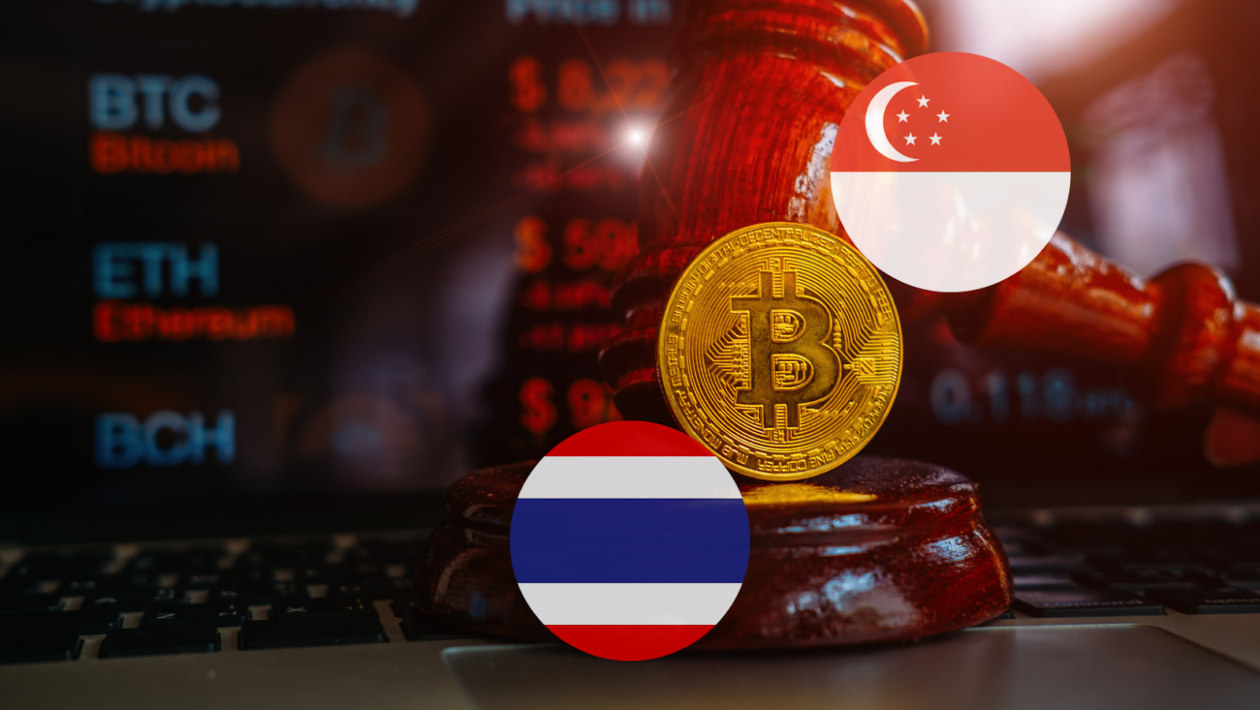If the first half of this year was distinguished by the U.S. securities regulator slapping fines on cryptocurrency exchanges, warning of legal action and then following up with the same, the second half started in Asia with a raft of jurisdictions running out new rules for exchanges – without the lawsuits.
While some Asia nations, such as Singapore and Thailand, seem to be following the U.S. Securities and Exchange Commission (SEC) in frowning upon certain products offered by exchanges, the approach in Asia so far seems to be clarity instead of court battles, in contrast with North America.
The U.S. is in a state of political and regulatory warfare over how to manage the cryptocurrency industry, John Rizzo, senior vice president of public affairs at Washington-based public relation firm Clyde Group, said in email comments.
“Congress appears to be making progress on regulatory frameworks for stablecoins and crypto market structure, but the SEC seems to be determined to essentially ban crypto,” said Rizzo, a former spokesperson on digital assets at the U.S. Department of the Treasury.
According to Zennon Kapron, founder of Asia-based fintech consultancy Kapronasia, crypto was “always on shaky ground in the U.S.” as the regulations were never clear. “For this reason, many firms have focused on overseas markets to begin with,” Kapron said in an email interview.
Nick Ruck, chief operations officer at blockchain infrastructure platform ContentFi Labs, agrees with that view.
“The largest issue with the crypto industry in the US stems from regulators trying to apply a century-old framework to new innovations in financial technology,” said Ruck in text message comments.
Countries in Asia are attracting crypto companies by clarifying rules and being adaptable to innovation, he said.
South Korea appears to be one of them. The country’s National Assembly on the final day of June approved a bill focused on protecting the interests of cryptocurrency investors.
Singapore and Thailand followed with rules that include forbidding crypto staking services, though Singapore authorities added that the product is still being studied.
Not to forget Hong Kong – once home to the now bankrupt FTX exchange that became the poster child for all that’s wrong with cryptocurrency trading platforms.
Hong Kong introduced stricter crypto trading regulations of its own on June 1 and is one of the jurisdictions in Asia running for a spot as a leading digital asset center, with all the potential investment, jobs and financial technology edge it could bring.
Tough rules
While the new crypto rules in Asia are tough, come with penalties for violations, and will require restructuring by some crypto business, Lasanka Perera, chief executive of crypto exchange Independent Reserve Singapore, said the new rules of the road in the city-state are welcomed.
“This not only underscores the regulator’s conviction to protect investors but will also undoubtedly inspire greater confidence from the corporate and institutional sectors,” Perera said in an emailed statement.
While South Korea’s Virtual Asset User Protection Act won’t come into effect as law for a year, it is the country’s first step to build a digital asset legal framework, according to the Assembly’s official website.

The bill was approved a little over a year after the collapse of the US$40 billion Terra-Luna cryptocurrency and stablecoin, which was founded in South Korea and caused losses to hundreds of thousands of investors.
As the name suggests, the South Korea bill focuses on investor protection and includes penalties for rule violations that include fines and jail time.
As an aside, the founder of the Terra-Luna project, Kwon Do-Hyung, is now in jail in Montenegro after fleeing to Europe. Both South Korea and the U.S. want to extradite him on fraud charges. He has denied the allegations.
Lots of bills
Back in the U.S., Congress has conducted extensive discussions on digital assets, John Cahill, an attorney at the law firm Wilson Elser’s New York office, wrote in a Forkast commentary this month.
Recent hearings with the chairs of the SEC and the Commodity Futures Trading Commission have showed the diverse opinions on cryptocurrencies and the legislative gridlock, said Cahill.
More than 30 proposed bills related to digital assets have been filed to Congress, but to date, none has advanced and Congress has yet to pass any substantial legislation in this area, according to Cahill.
“Despite ongoing efforts to gather information, the legislative branch has been hesitant to take concrete action,” he said.

Because of that, Cahill said the nation’s courts have stepped up to interpret digital assets within the existing legal framework. But as “courts have been flooded with submissions detailing why, or why not, digital assets should be considered securities” progress is delayed.
“While Congress and its constituents continue to learn about this developing technology, it will be up to the U.S. court system to bridge current laws to digital assets while helping to navigate these unchartered legal waters,” Cahill added.
SEC just doing its job?
After the meltdowns of Terra-Luna and the FTX exchange last year, causing billions of dollars of losses to millions of investors and setting off a cascade of bankruptcies among scores of related businesses, not everyone in the digital asset world is saying the SEC has got it all wrong.
Blockstation, a blockchain-driven platform for tokenizing, listing, trading, clearing and settlement of digital assets and securities, put together an internal memo in 2015 that reportedly said when the crypto market reached a market cap of around a trillion dollars, regulators would react with enforcement measures.
“We called it, and it’s exactly what’s taking place now,” said Blockstation Chief Executive Officer Jai Waterman in an email response to questions.
“Regulators are against unlicensed brokers dealing in securities, and they are against unregistered securities being offered to the public,” he said. “What the industry calls cryptocurrency, is mostly securities, and it’s the regulator’s fiduciary responsibility to protect investors,” he added.
What the industry calls cryptocurrency, is mostly securities, and it’s the regulator’s fiduciary responsibility to protect investors
Blockstation CEO Jai Waterman
If you ask an investor would they rather send money to Binance to trade bitcoin or would they prefer Merrill Lynch to do the same, most would choose the latter, said Waterman, adding that’s because established brokerages have the credibility, governance and proven infrastructure.
The missing component is that such institutions don’t have the appropriate guidance from the regulators and they don’t have the necessary technology and training in blockchain, he said.
A spokesperson for Circle, the issuer of the USDC stablecoin, told Forkast that the SEC’s lawsuits are “long-expected actions” and they’re right on the cusp of Congress “very seriously considering stablecoin and digital asset market regulation.”
The spokesperson, who declined to be named, added: “We now effectively have the three branches of the U.S. government clearly signaling that they want to see legislation.”







